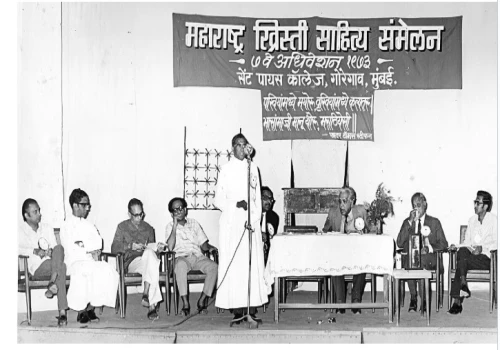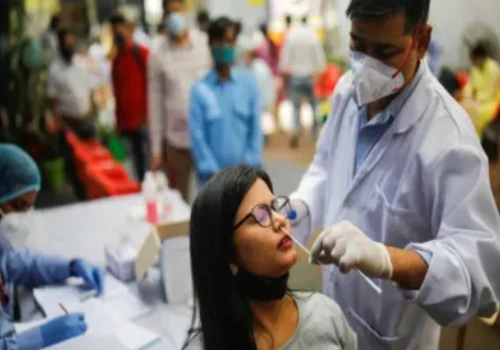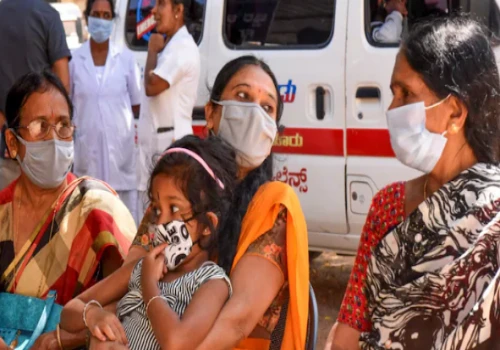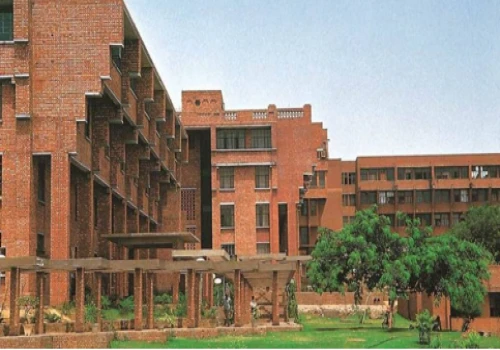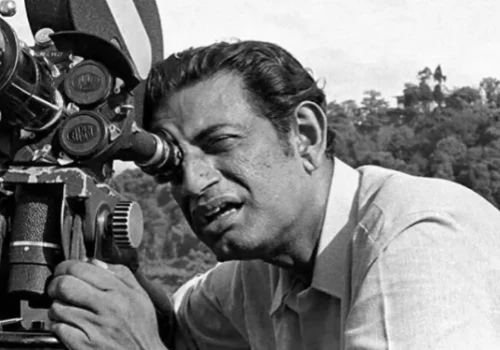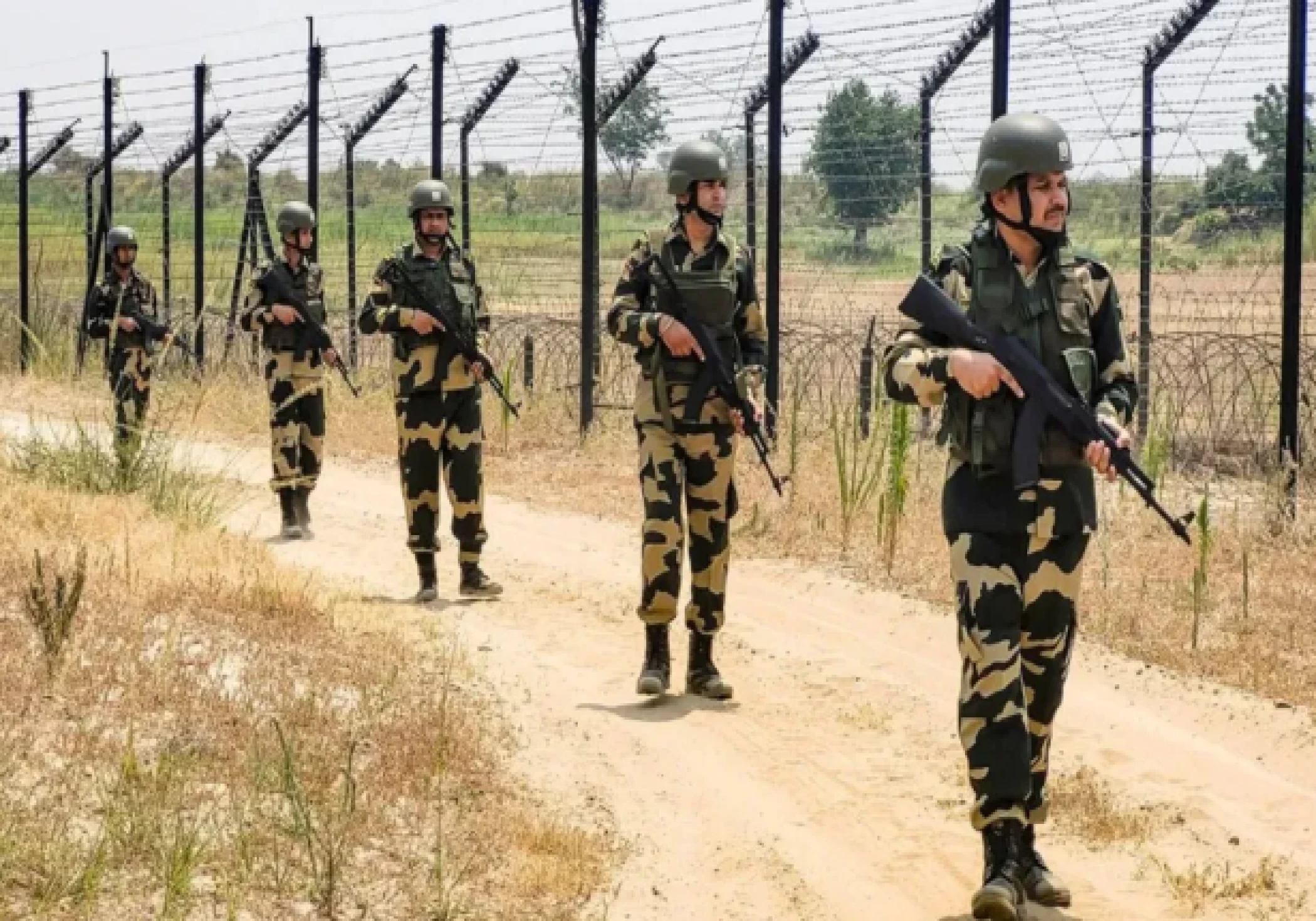
Border Security Force (BSF) foiled a cross-border infiltration attempt of around 45 to 50 terrorists in the Samba district of Jammu and Kashmir on May 8. The infiltration was allegedly made easy through heavy cross-border firing from Pakistan in breach of the current ceasefire agreement.
BSF Deputy Inspector General SS Mand said that inputs of intelligence had suggested a big group trying to cross over, so vigilance was increased. "Our courageous soldiers inflicted heavy casualties upon them. We were alert and picked up their movement on May 8," Mand said. BSF repelled the infiltrators with intense and precise fire and compelled them to retreat within 1.5 hours. Mand also pointed out the outstanding role played by women soldiers during the operation.
This penetration bid was made soon after India carried out Operation Sindoor on May 7 against terror camps in Pakistan and Pakistan-occupied Jammu and Kashmir following the April 22 Pahalgam terror attack that resulted in the loss of 26 lives. The operation, according to reports, had eliminated more than 100 terrorists belonging to outfits such as Jaish-e-Mohammed, Lashkar-e-Taiba, and Hizbul Mujahideen.
After India's strikes, Pakistan retaliated with shelling along the Line of Control and border regions in Jammu and Kashmir, along with drone strikes. India replied by destroying Pakistan's air defense, radar, and communication systems, and hit 11 of their airbases.
In an integrated effort, the BSF recommenced the Beating Retreat ceremony at three Joint Check Posts located on the Punjab border—Attari-Wagah, Hussainiwala, and Sadqi—after they were suspended on May 9 following the Pahalgam attack and Operation Sindoor's launch. The ceremony is accessible to the general public once again.
The scenario is still charged, as both countries had agreed to a ceasefire deal on May 10, with the objective to stop military activities on land, sea, and air. But the BSF and Indian security forces are still keeping high alert along border areas.


_270_x_189.webp)

